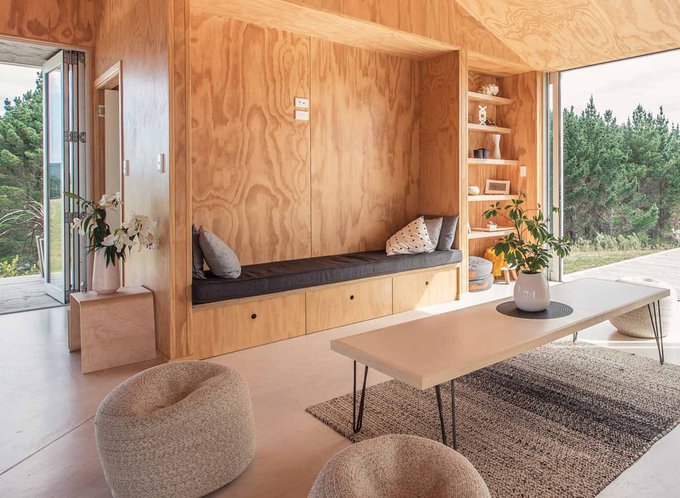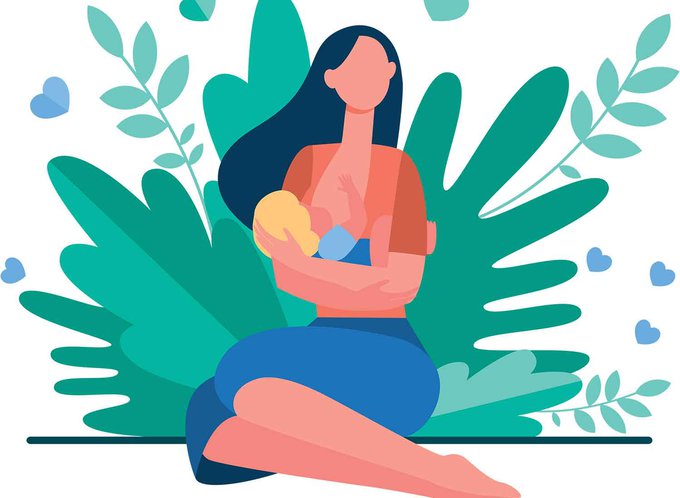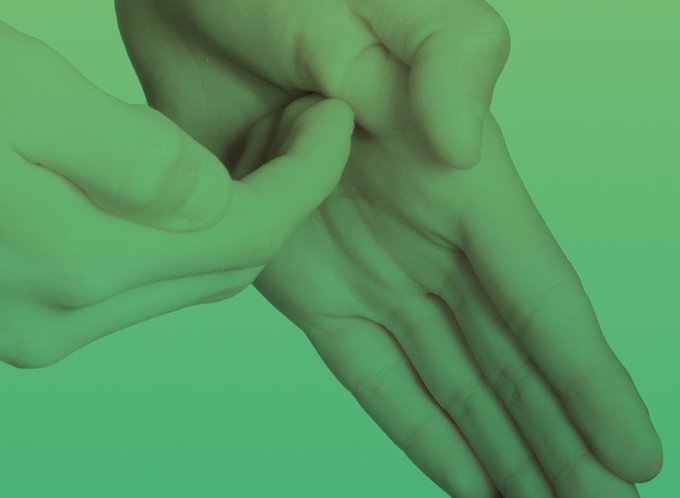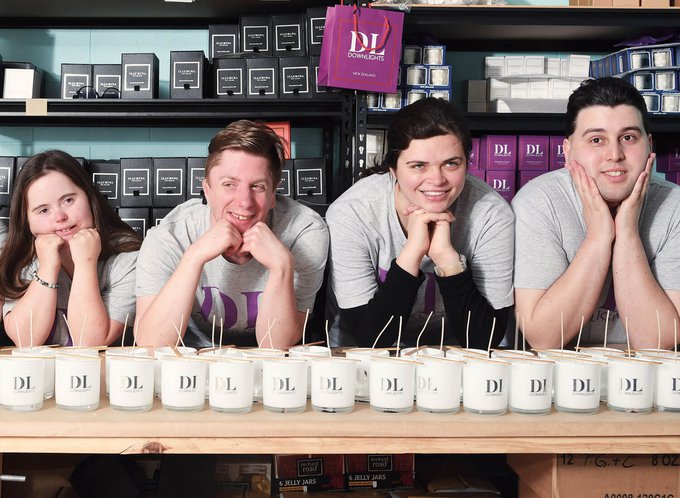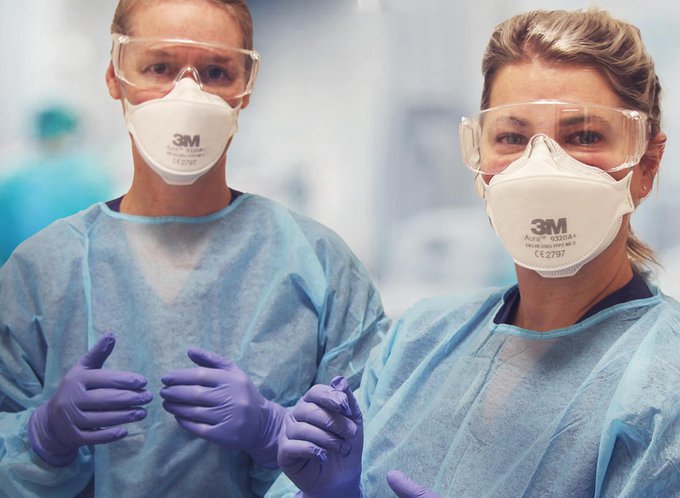Most of us wouldn’t think twice about making a dentist appointment if we had a painful toothache, but it’s not that simple for everyone in New Zealand. The DCM Dental Service is celebrating five years of providing life-changing free oral healthcare to Wellington’s most vulnerable people.
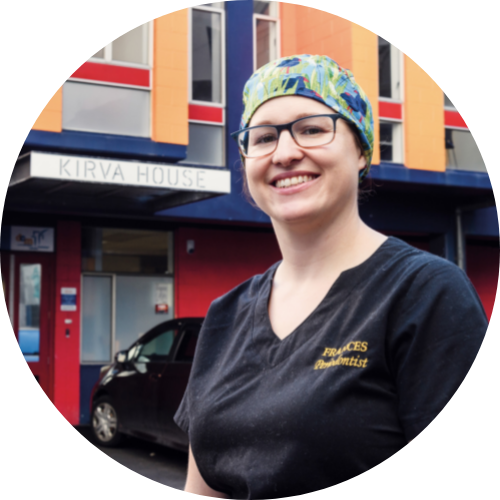 Lots of the best advice in life comes from our mums. When Frances Ruddiman’s (pictured) dream of becoming a fighter pilot was dashed when she found out New Zealand didn’t have any fighter jets, her mum’s suggestion that she become a dentist brought her back down to Earth.
Lots of the best advice in life comes from our mums. When Frances Ruddiman’s (pictured) dream of becoming a fighter pilot was dashed when she found out New Zealand didn’t have any fighter jets, her mum’s suggestion that she become a dentist brought her back down to Earth.
“I liked the sciences so I thought doing something in the medical field could be the next best thing. I was talking about becoming a doctor or surgeon, but my mum said that dentistry was a great career because of the flexibility – and she was right,” says Frances, who now works as a periodontist in Wellington and Palmerston North.
She’s one of the dental professionals who volunteer at the free dental clinic for vulnerable people at DCM, a Wellington-based organisation working to end homelessness.
A collaborative approach to ending homelessness
Tucked down a laneway in central Wellington, DCM works with people who are homeless or at risk of becoming homeless, supporting them on their journey into stable housing.
Each day starts with waiata and karakia with staff, community members and taumai – that’s the word DCM uses for people who use their services, which comes from the Māori word for to settle. Afterwards, everyone heads inside for hot drinks – essential on chilly Wellington mornings – with snacks donated by local businesses and plenty of friendly kōrero.
"A lot of them haven’t seen a dentist in a long time, so naturally they’re nervous and sometimes worried about being judged. But we’re as welcoming and inclusive as we can be. We want to make sure they know that we see them as a person and will treat them as a person who is valuable and who deserves to have their needs met."
Frances Ruddiman
Taumai catch up with social workers, meet with kaimahi (staff members) for help managing their money or with tenancy issues or gather for addiction or mental health services.
Michelle Scott from DCM says “The idea of being settled is central to DCM’s kaupapa, and finding a secure and sustainable place for taumai to live is the top priority.” But ending homelessness encompasses much more than finding places for taumai to live.
Their team helps tenants to maintain their tenancies and look after their homes as well as supporting them to manage their money and benefits, which can often involve helping with opening bank accounts or understanding bills. The organisation also supports vulnerable people with things many of us take for granted, like providing food they can easily prepare in their accommodation or filling out forms.
Taumai are also connected to primary and mental health support, including the volunteer audiologists, ophthalmologist and physiotherapist who offer in-house sessions. Te Aro Health Centre operates a satellite clinic at DCM, and this year, DCM has also begun running an in-house addictions programme.
While most of us would barely think about the cost of paying for a doctor or dentist appointment, taumai often live in pain because they can’t access this basic healthcare.
Meeting acute needs
Frances first heard about the DCM Dental Service from John Buckerfield – a longtime volunteer at the clinic – at a New Zealand Dental Association branch meeting.
“John got the ball rolling for me and set up my first session. To be honest, it was better than I expected. John said it was fully set up and well stocked, but in my head I thought it might be a bit rough and ready. But he was right – they’ve got all the equipment you could possibly need to do a really good job for the patient, so I’ve never thought we delivered substandard care,” says Frances.
The DCM Dental Service is now in its fifth year of providing free oral healthcare to some of Wellington’s most marginalised people. It’s staffed by a rotating roster of volunteer dentists and dental specialists, like periodontists, as well as paid dental assistants. The clinic doesn’t operate full-time – most volunteers commit to one day every few months.
The nature of the work is a little different to Frances’s day-to-day work. “We’re generally not doing check-ups. The work focuses on what I’d call acute needs, and we always try to address the most acute needs first – that means anything that’s painful, swelling or infected. Often taumai haven’t seen a dentist for a long time, so we’re normally doing some pretty big treatment to get them stabilised.”
“We were doing really well pre-COVID, as we’d dealt with most of the acute needs and were starting to be able to do some of the more middle-of-the-road work. COVID shut the clinic down for a long time, so we’re seeing more of those acute things walking through the door again.”
Changing lives through ending pain
“The changes that taumai undergo are incredible,” Frances says. “A lot of them haven’t seen a dentist in a long time, so naturally they’re nervous and sometimes worried about being judged. But we’re as welcoming and inclusive as we can be. We want to make sure they know that we see them as a person and will treat them as a person who is valuable and who deserves to have their needs met.”
Living in constant pain can take over people’s lives and make it hard to focus on anything else.
“When you’re in pain and stressed and worried about what’s causing it, that’s always there in the background. Once we get people out of pain, their spirits seem to be lifted. Often they do need more work, but they’re so much more confident and happy to come back.”
“I’ve had patients tell me that now they can finally smile. I had someone tell me, ‘I’m going to a housing interview this afternoon, and I’m so happy that I can walk in and smile with them’,” says Frances.
“I worked with a patient recently who said she’s been in so much pain for such a long time, and she was convinced her tooth was going to have to come out. When I sat down with her and said that we can fix this, it just needs a filling, she was so much less worried and nervous that day. That anxiety and constant pain brings down other areas of your life.”
“This one simple thing allowed her to engage with DCM and look at some of the other services and what other support they could give her. The dental clinic acts as a gateway – we give patients something they really need, and they become more open to what else DCM can help them with.”
“I recognise that I grew up in a privileged position. I’ve gone to university, and now I live a very privileged life, but it can be easy to forget that. My whole life, I’ve always given back in some way, and now this DCM programme is a way I can give back that’s really important and actually life-changing.”
Same procedures, different place
Frances would like to encourage other dental professionals to get involved with the programme.
“It doesn’t take up much time. Even volunteering once every six months makes a huge difference to how we can staff the clinic.”
“It’s not just dentists that we need either – we always need support staff too, to help with things like sterilising equipment or preparing for patients. Former doctors and nurses can be a part of the programme too.”
She understands some professionals might be nervous about working with taumai.
“For people who don’t have that background, there might be a bit to adjust to. But there’s no need to be nervous – they’re the same procedures you’re used to, just in a slightly different place. At the end of the day, people are people and teeth are teeth.”
Find out more about the DCM Dental Service at dcm.org.nz
Know someone who might enjoy this?
Read this next
-
March 2021
Reimagining the Kiwi homeownership dream
-
March 2021
Helping Kiwi babies thrive
-
March 2021
Creating a Deaf-inclusive Aotearoa
-
March 2021
Candles for a cause
Greater good
See all-
March 2021
Helping Kiwi babies thrive
-
March 2021
Candles for a cause
-
March 2021
Creating a Deaf-inclusive Aotearoa
